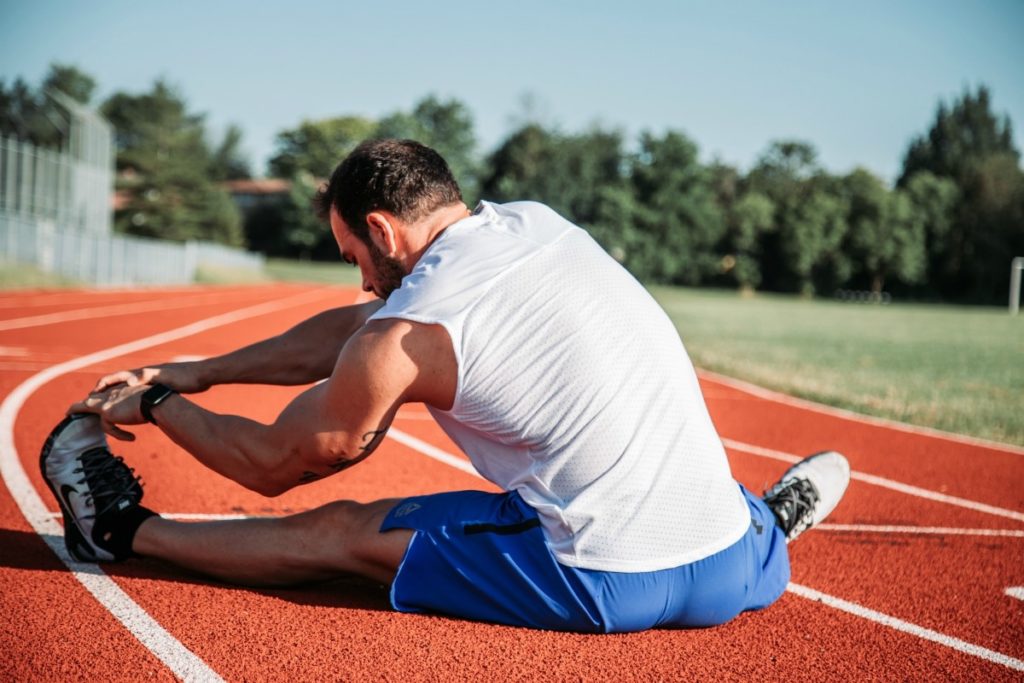If you are a professional athlete, you can expect to encounter sports injuries more than once during your career span. Even the smallest one can put you out of action, and the implications may be more serious than you think. Your performance, endurance, and fitness levels could plummet. The impact extends beyond physical pain because you may suffer from emotional and psychological trauma as well. Dealing with a sports injury could be more challenging than you imagine, but the right strategies can speed up recovery and get you back on track physically, emotionally, and psychologically. Here are the ones that work.
Get a diagnosis
The worst you can do for your injury is overlook it because you may end up aggravating it in the long run. An untreated issue can affect your career, so getting a diagnosis by an expert is crucial. See a sports injury specialist at the earliest to get an accurate diagnosis and timely treatment. Involve your coach and therapist because they can help with follow-ups. Expert diagnosis gets you on track for recovery.
Think beyond physical recovery
When you are injured, physical recovery should be the top priority, but you shouldn’t stop there. You may experience a loss of confidence and motivation just because you cannot be back on the field or reach the same performance levels again. Consider professional counseling to help you with mental and emotional recovery because it is as important as physical well-being after an injury.
Focus on getting back to work
Getting back to work after a sports injury is perhaps the biggest challenge for an athlete, but you maintain your fitness during the recovery phase. Your trainer may modify your training or recommend alternate forms of exercise to maintain strength and endurance. You can use support aids to keep moving despite the pain. For example, Pre-cut Kinesiology tape for Hip Pain can offer support and pain relief if you have injuries in the hip area. A comeback will be much easier if you maintain your fitness throughout.

Seek support
Most athletes tend to isolate themselves from teammates, coaches, and friends after an injury. The approach isn’t going to help, rather it can make your problems worse. You must seek support from every source you can. Connect with peers, coaches, and therapists and they will be more than willing to help with their advice and experience. Family and friends can offer encouragement and motivation to keep you going during the rehab process.
Set appropriate goals
An injury shouldn’t be the end of the world. You can still plan and set goals for the future, but make sure that they are appropriate and realistic. Consider the injury as a training challenge rather than a crisis. Your current goals should focus on recovery and resilience instead of performance. Celebrate the smallest improvements, and you will notice things getting back on track sooner than you expect.
Dealing with a sports injury isn’t a mean feat, but the right approach and mindset can help you do it. You just have to keep your confidence going strong and your body and mind will do the rest!